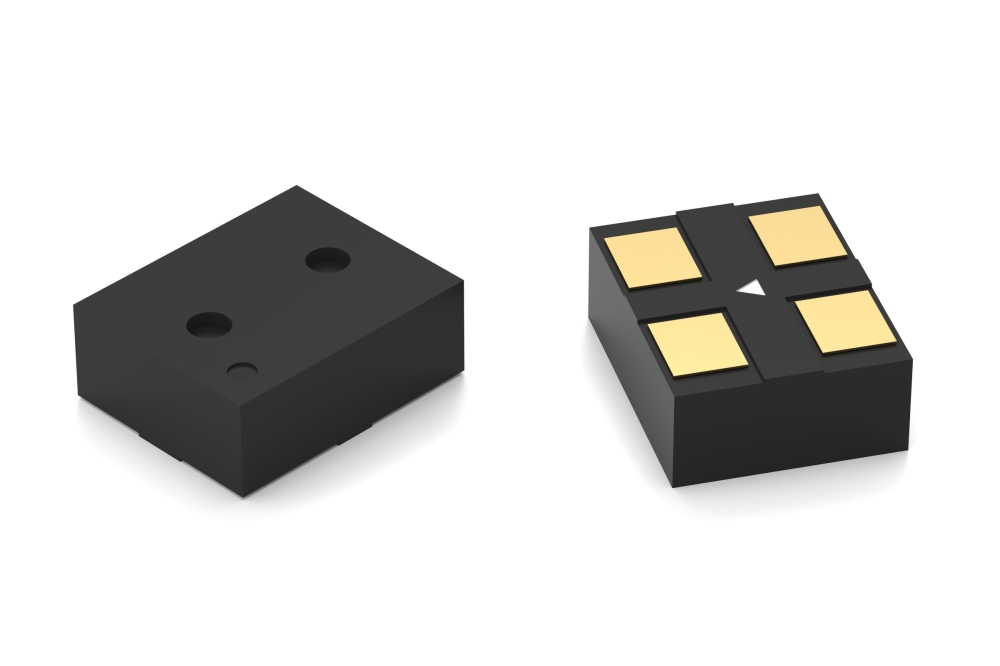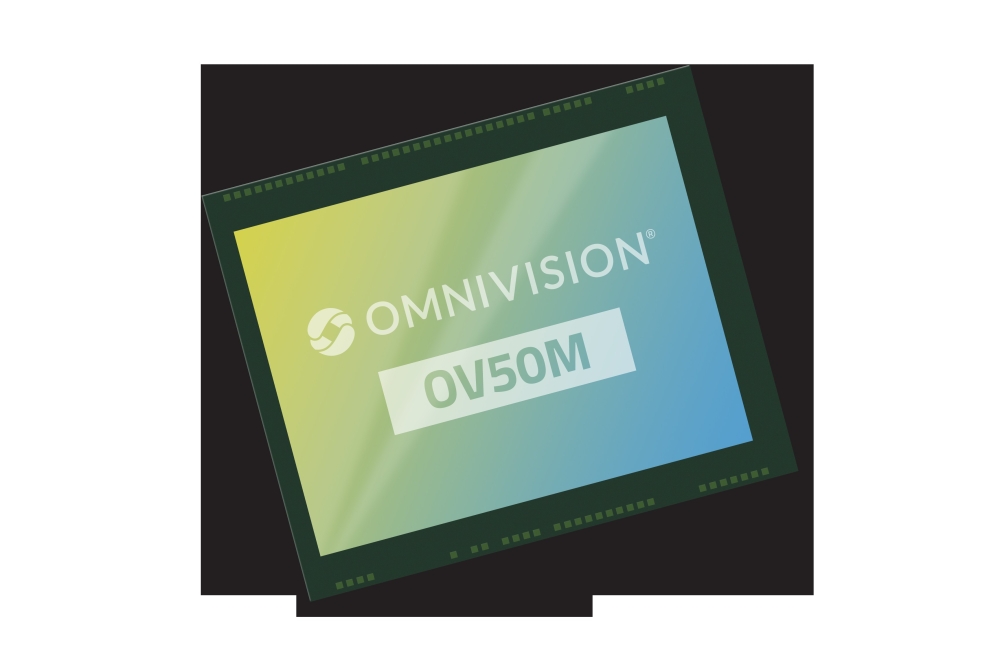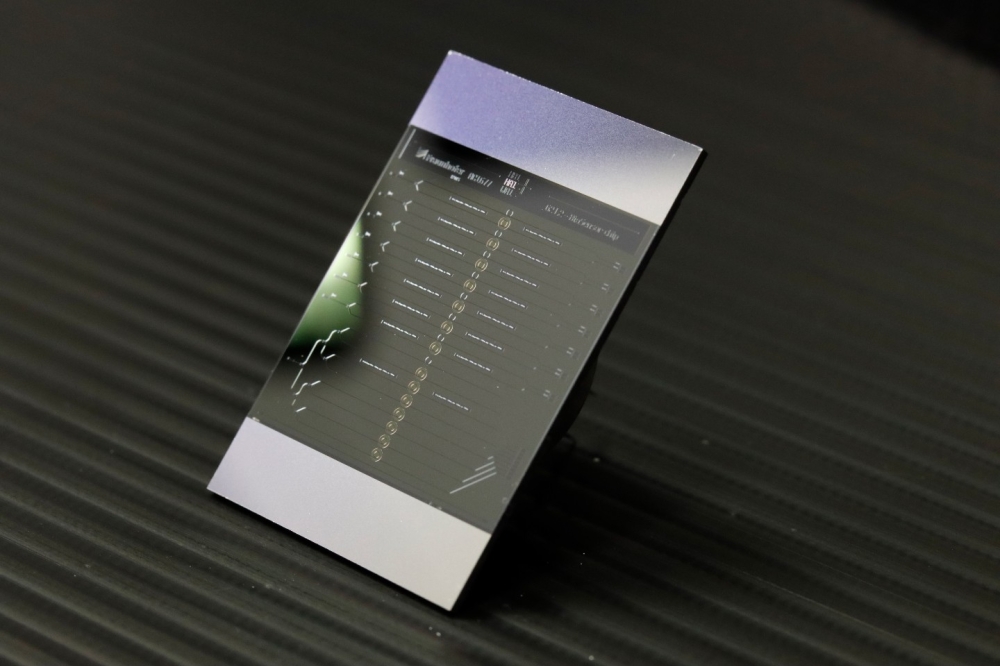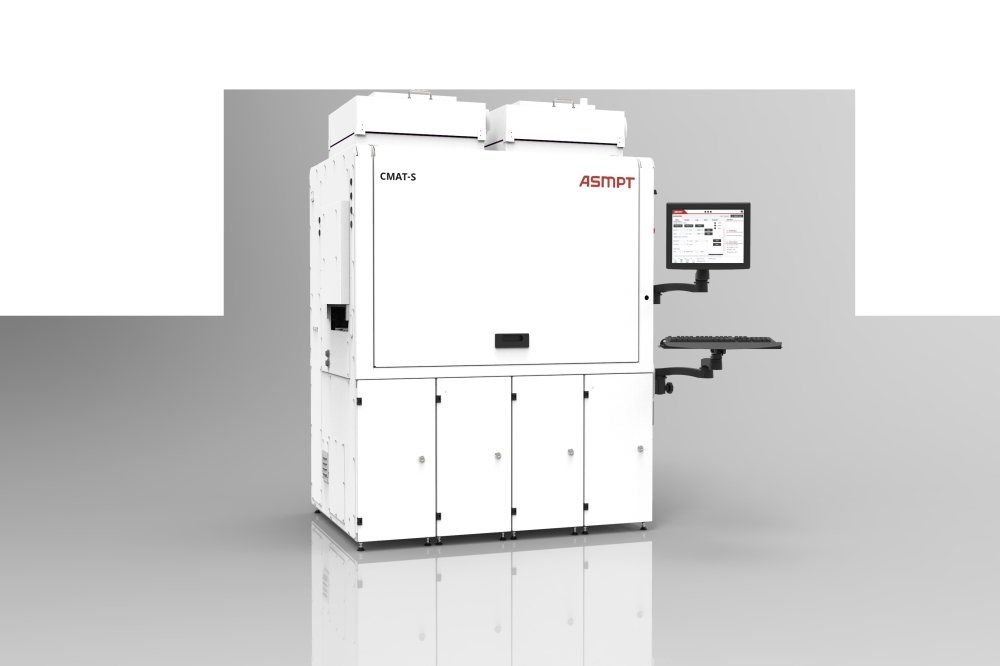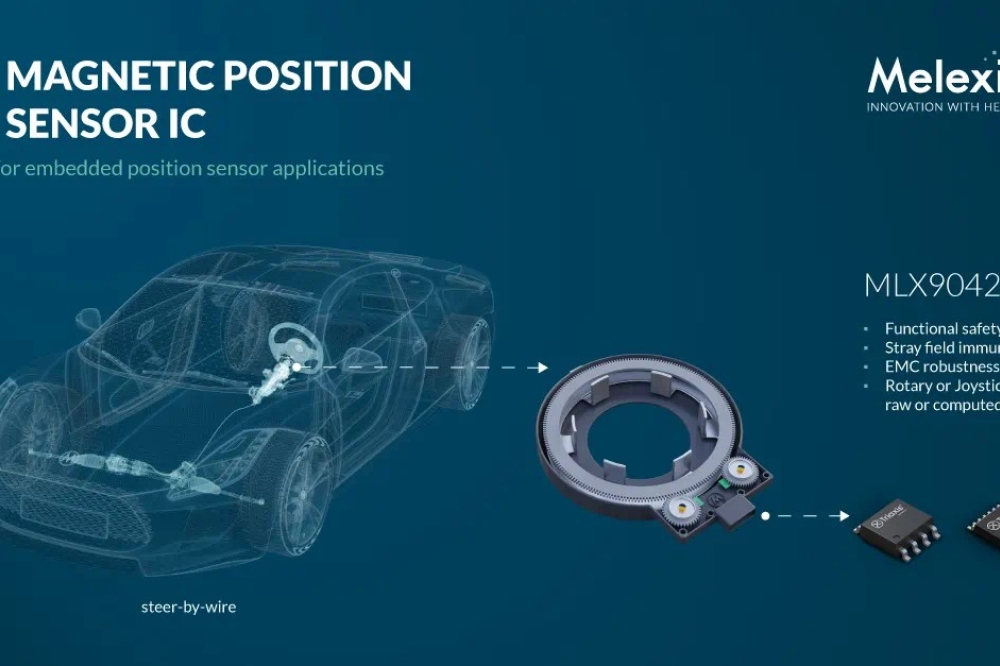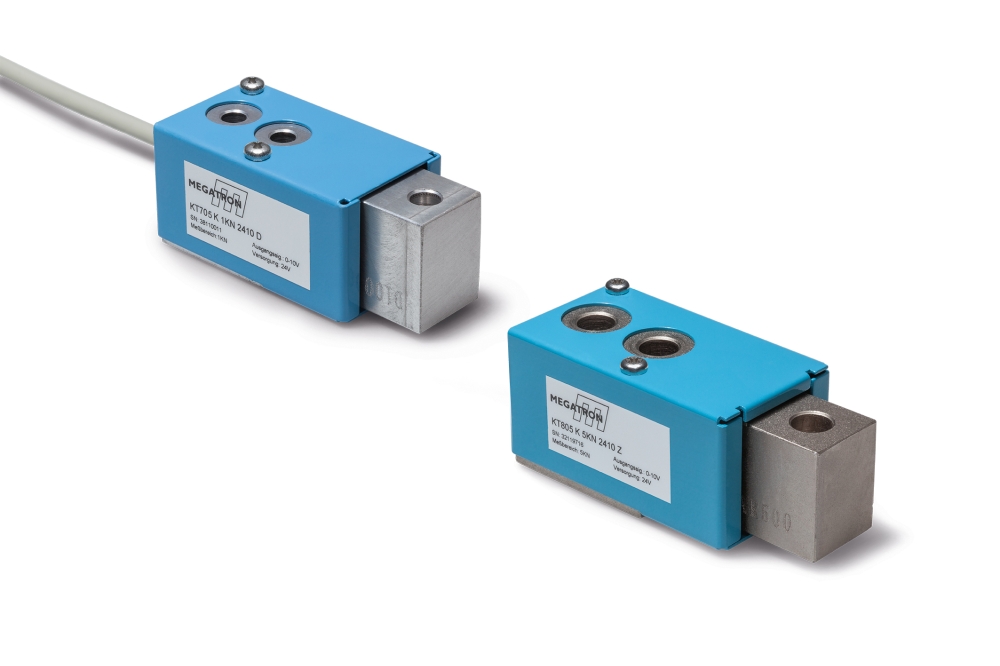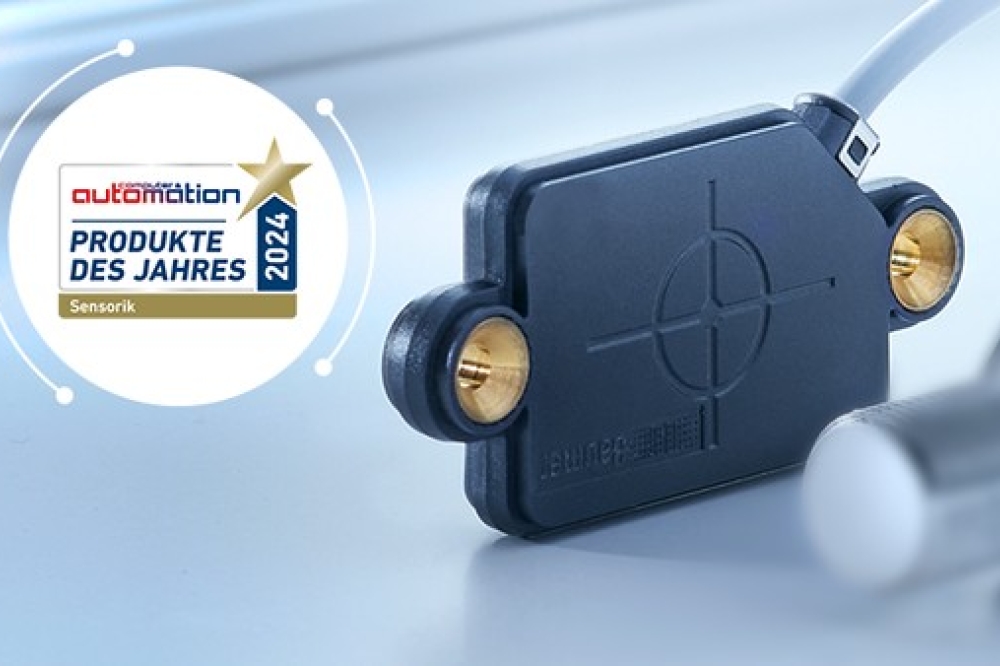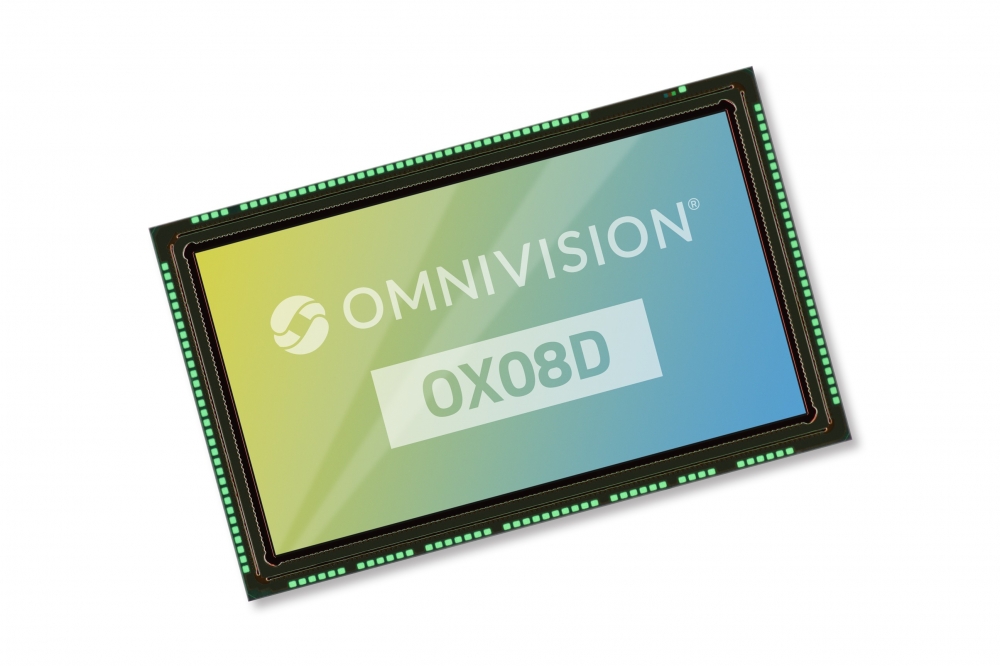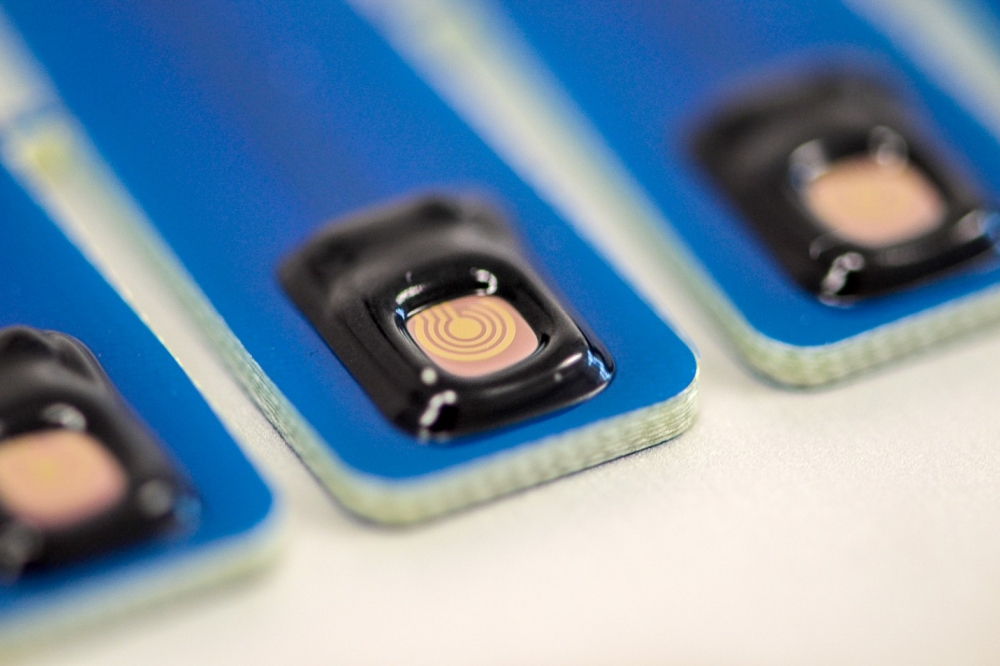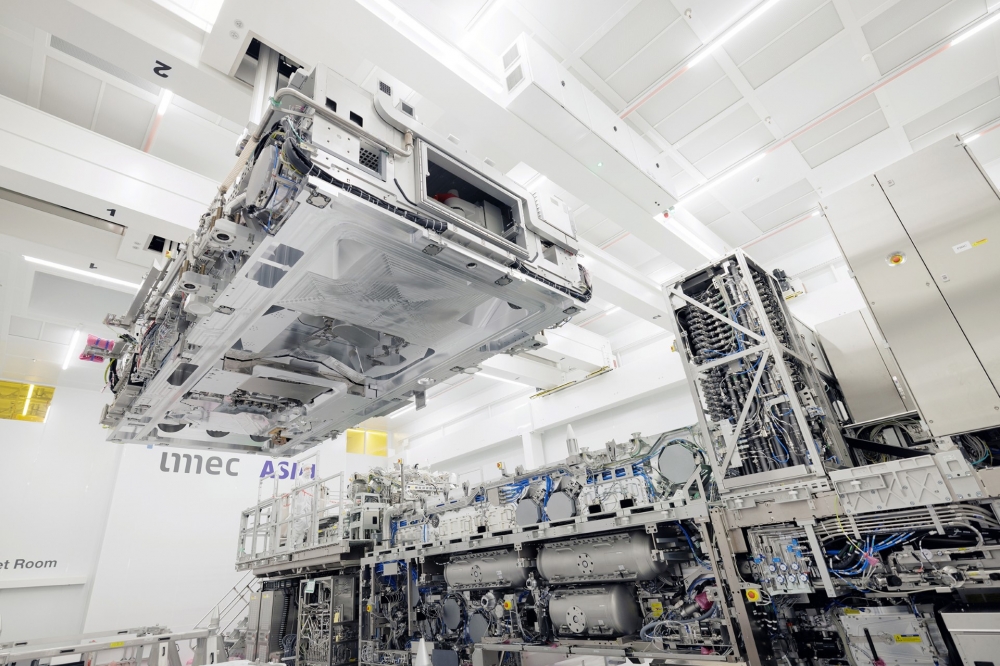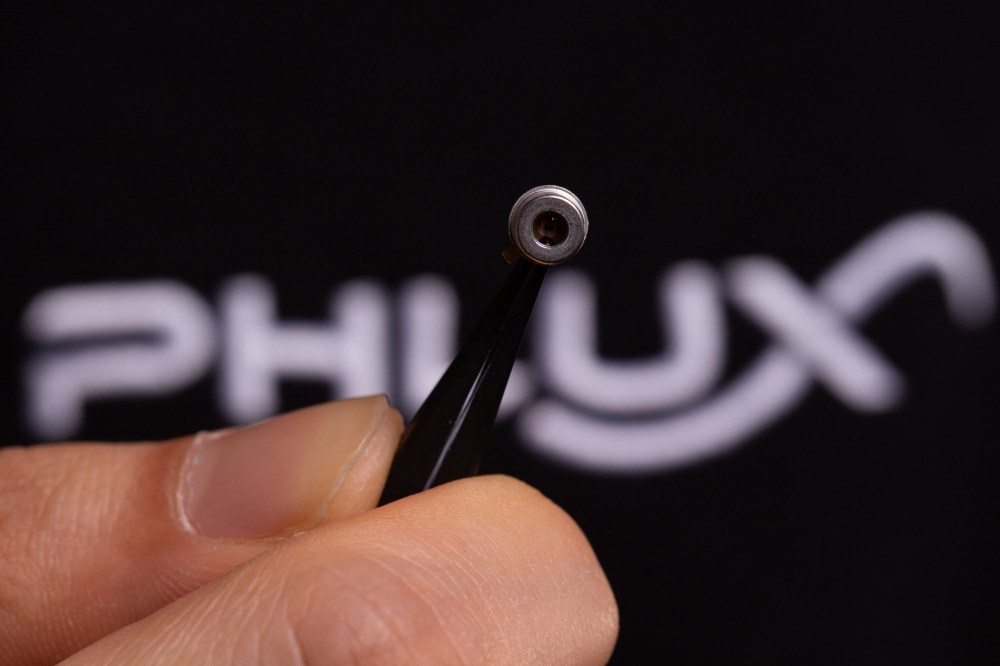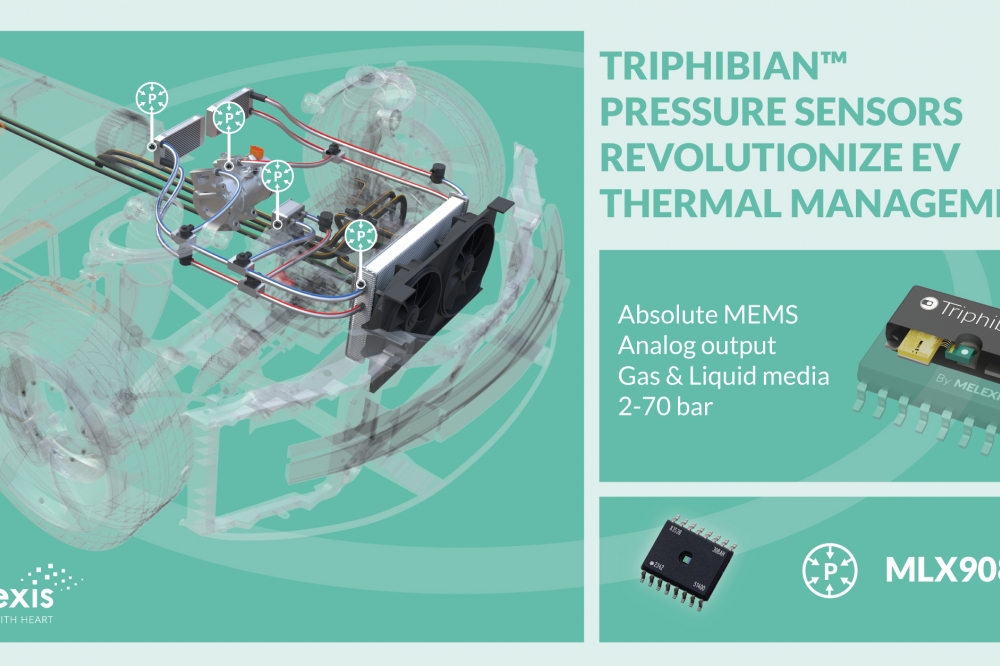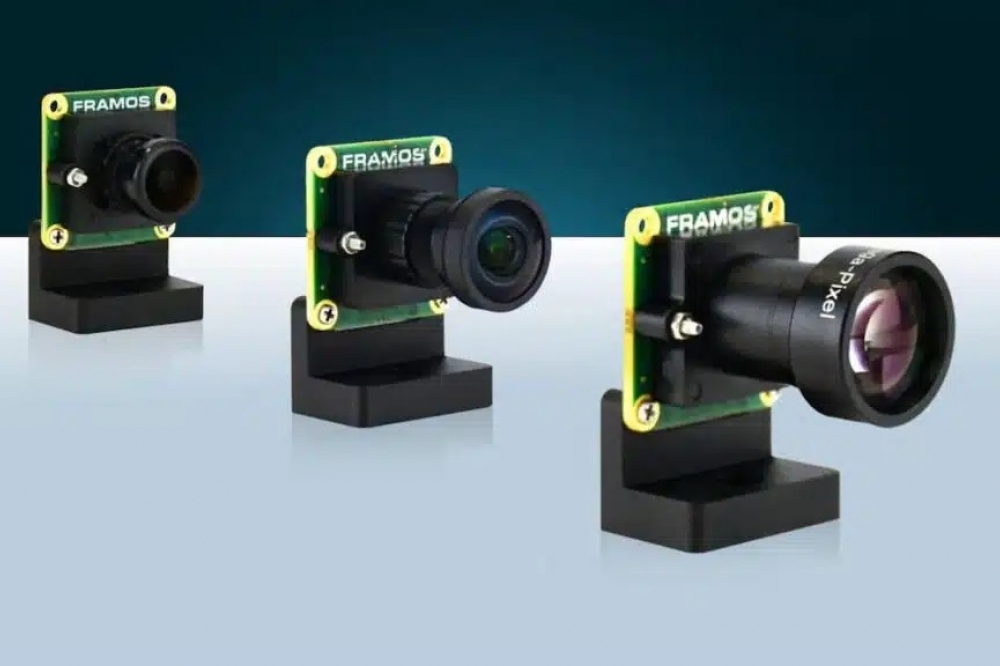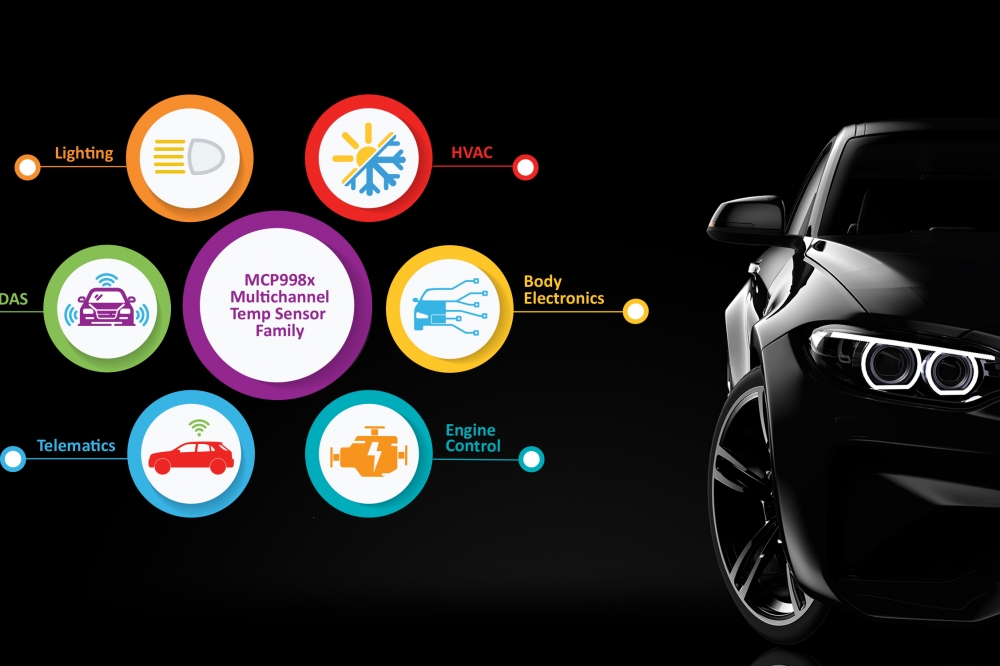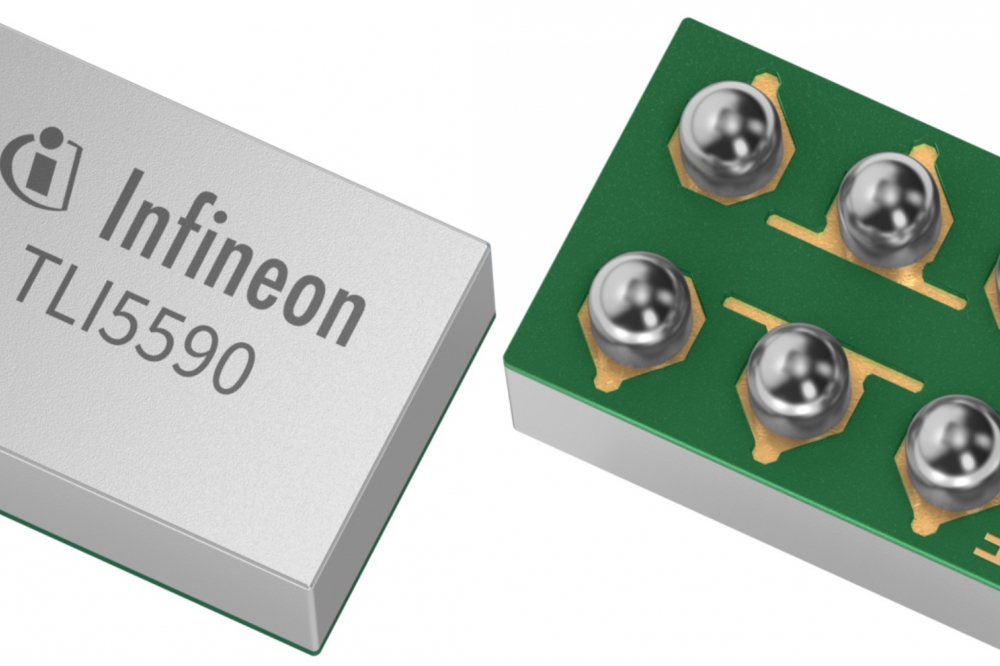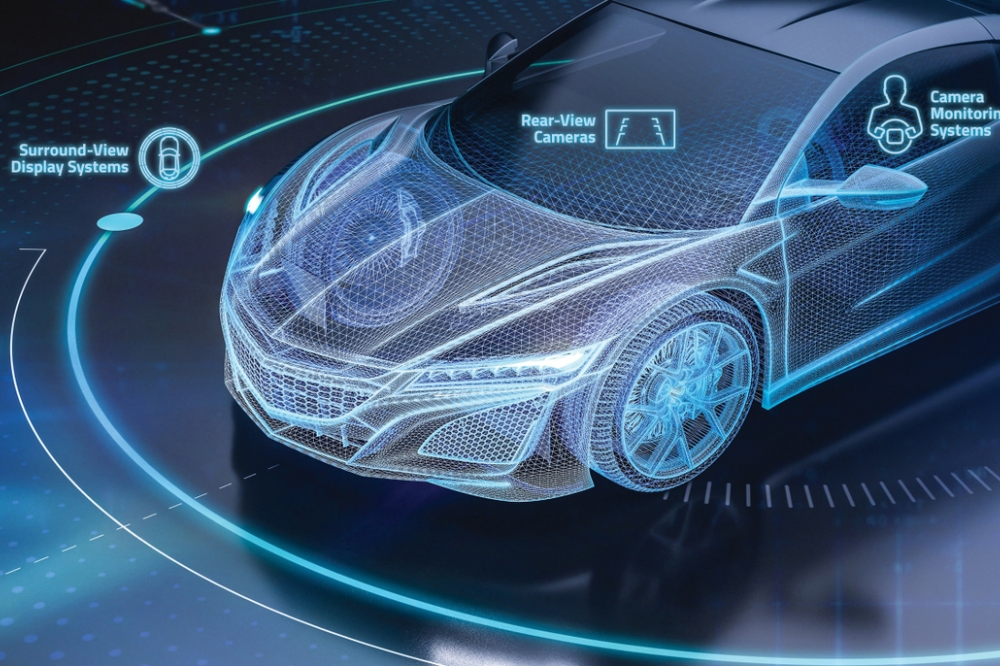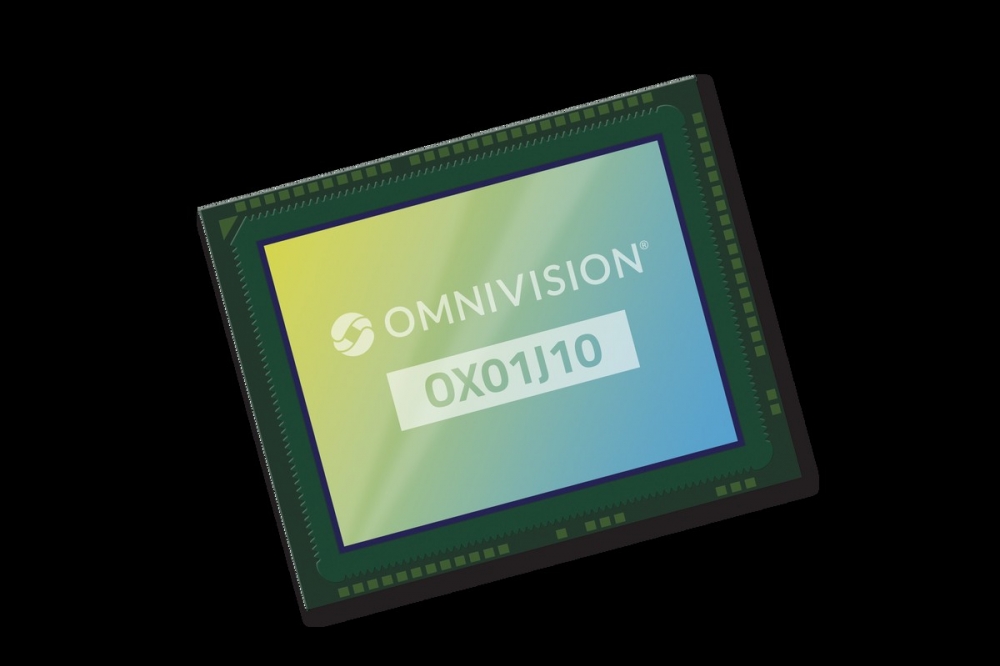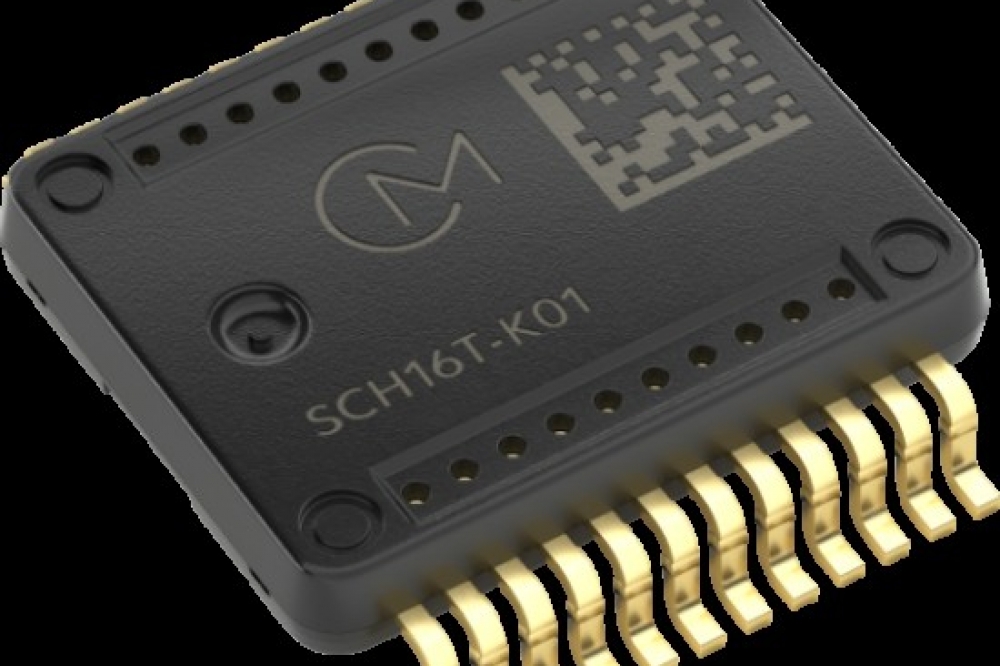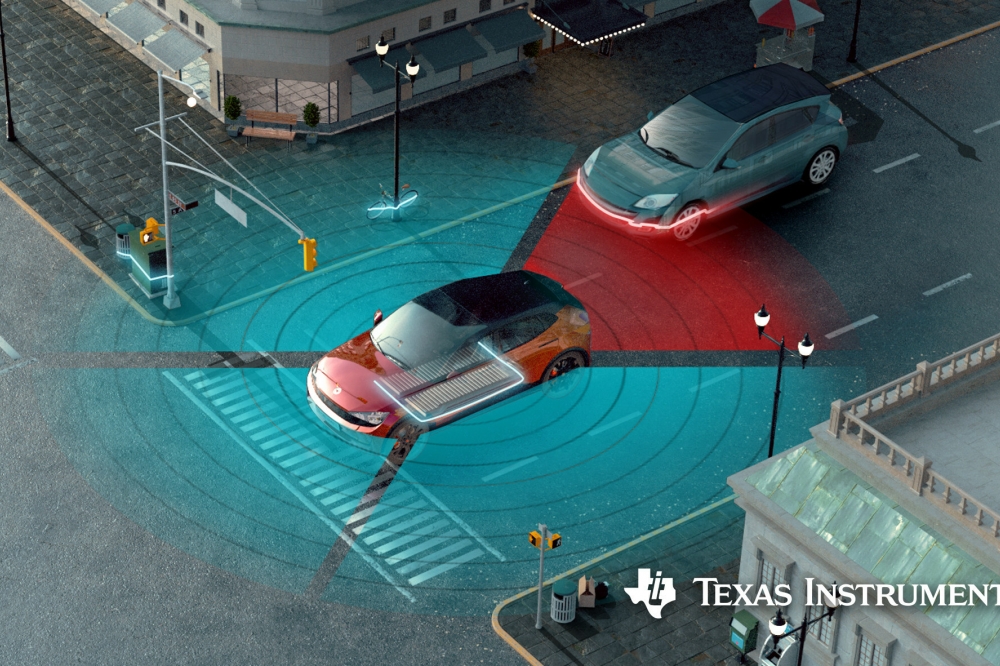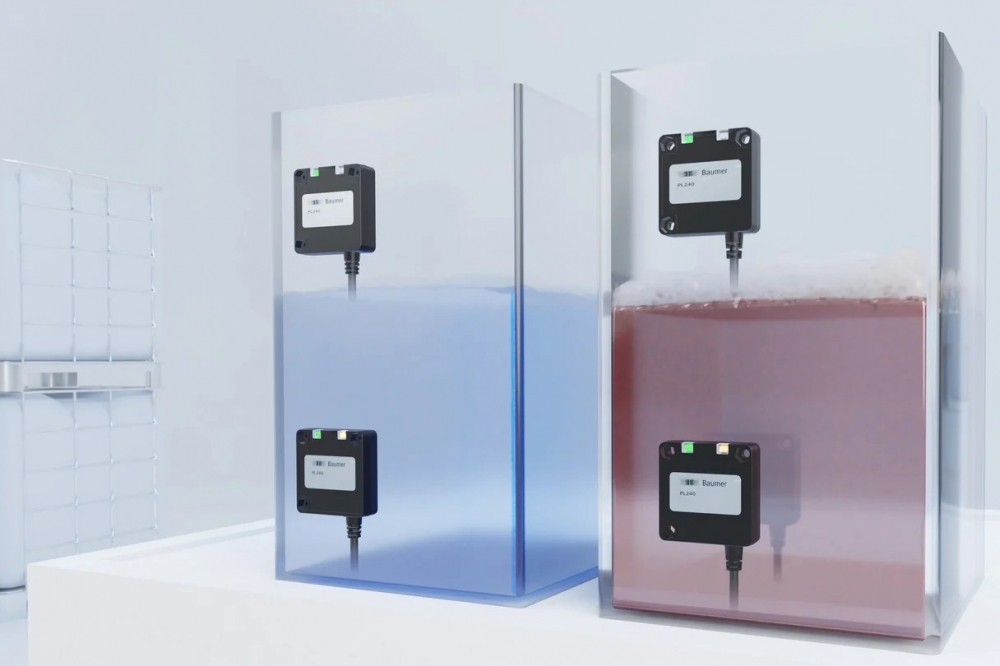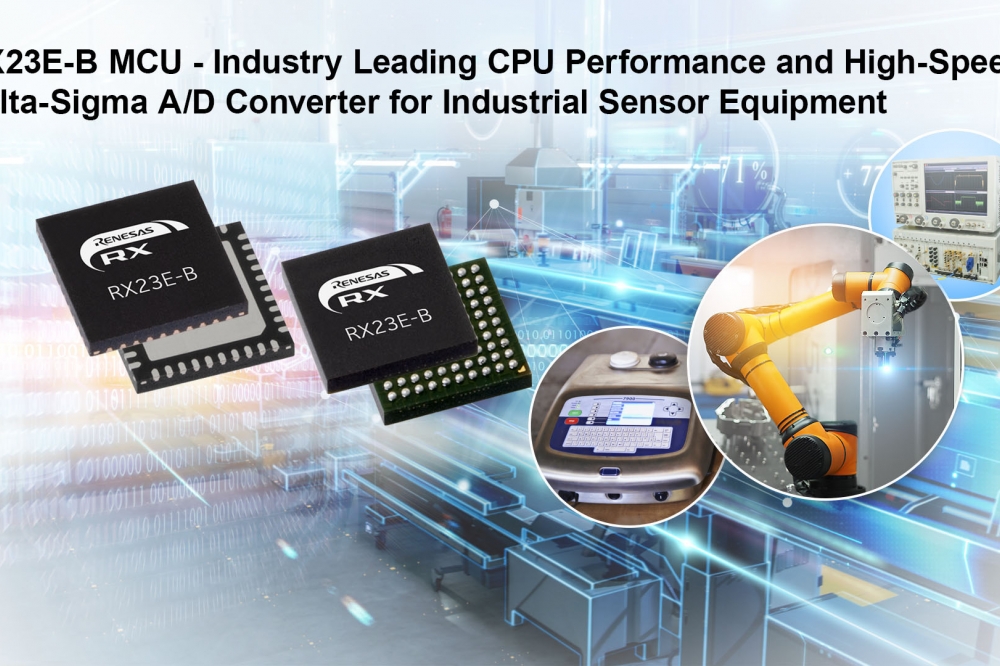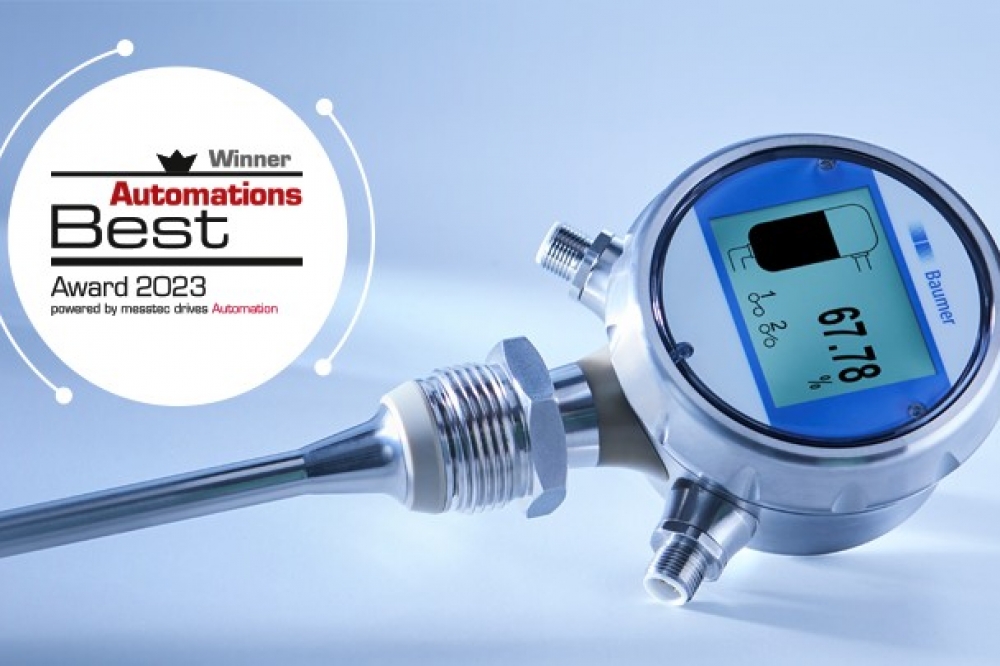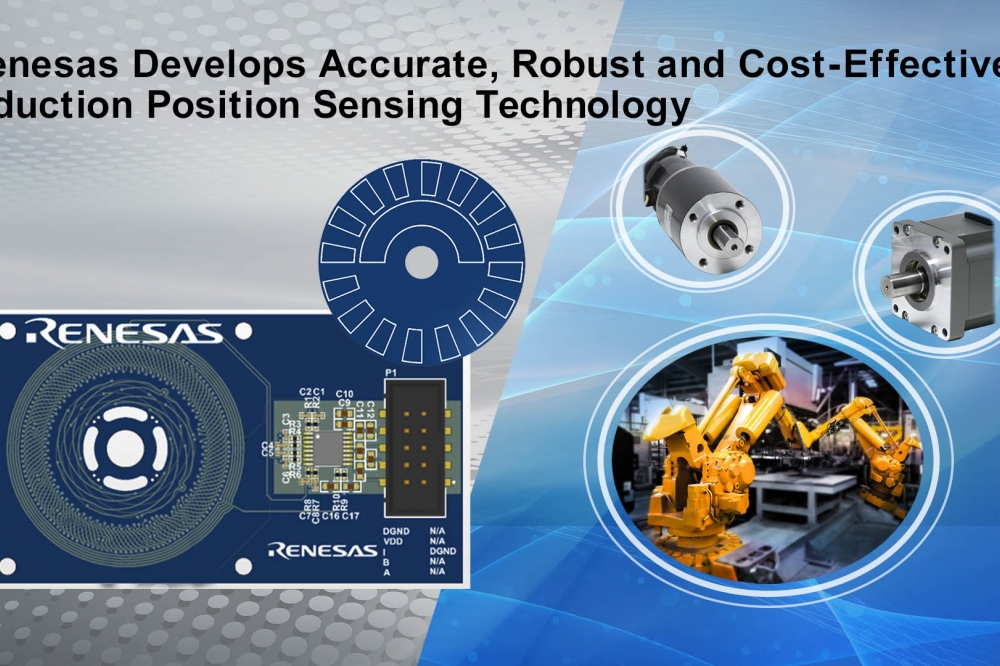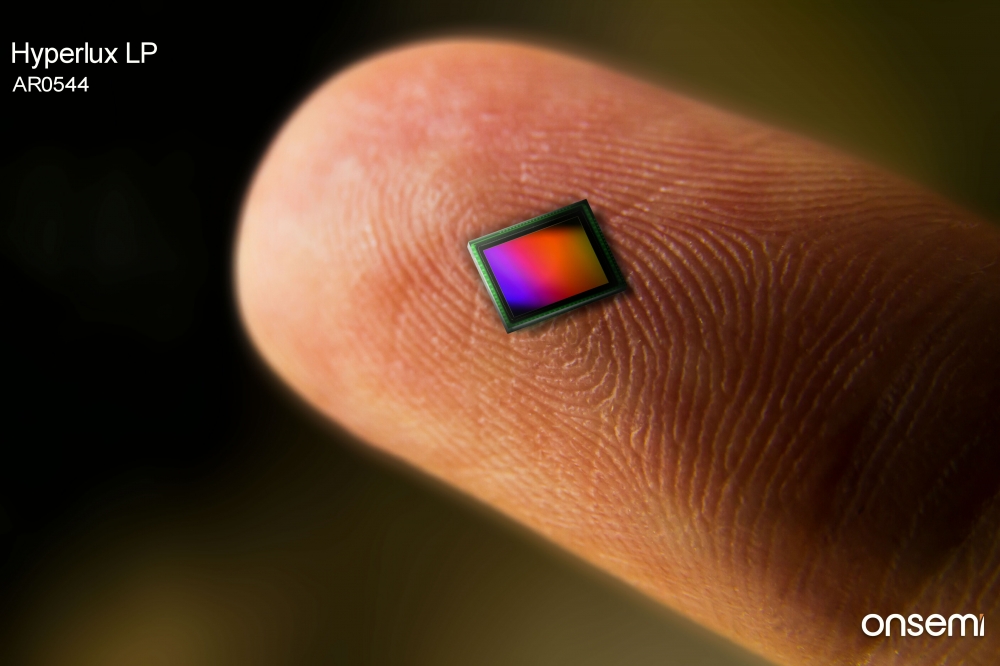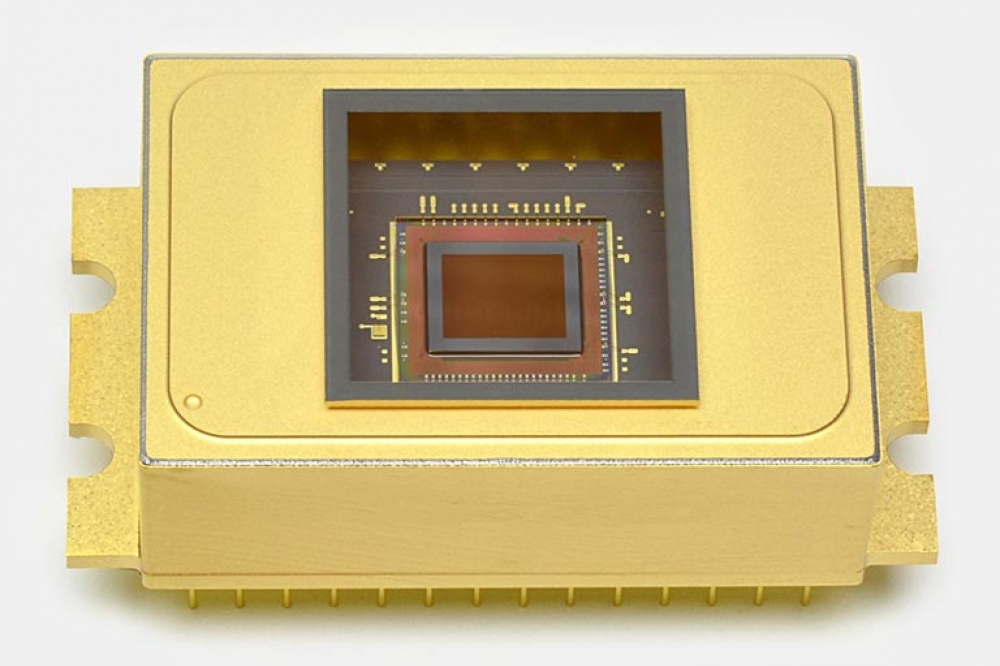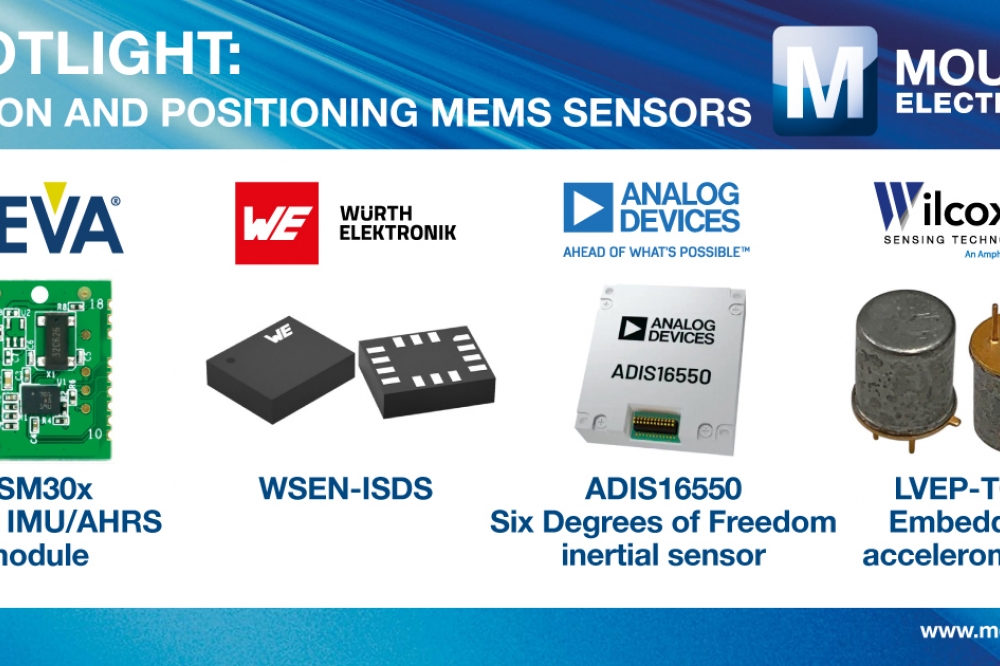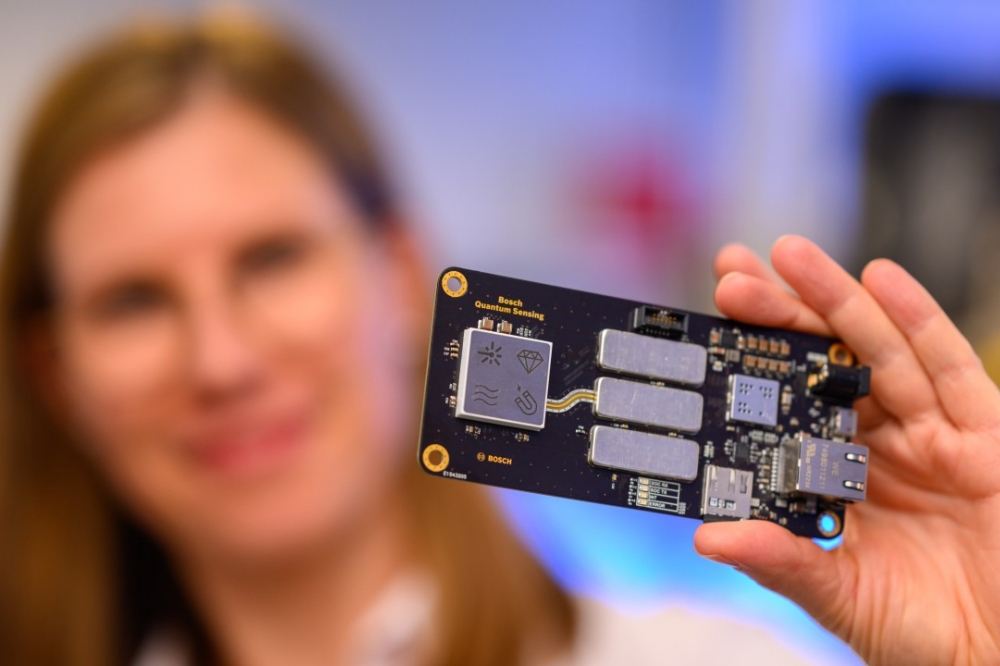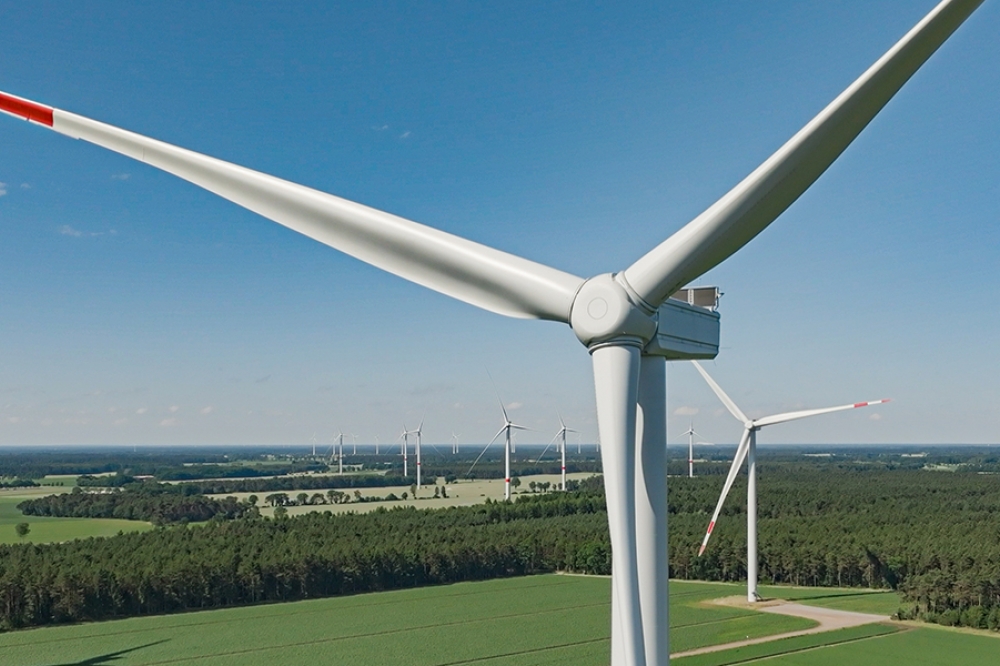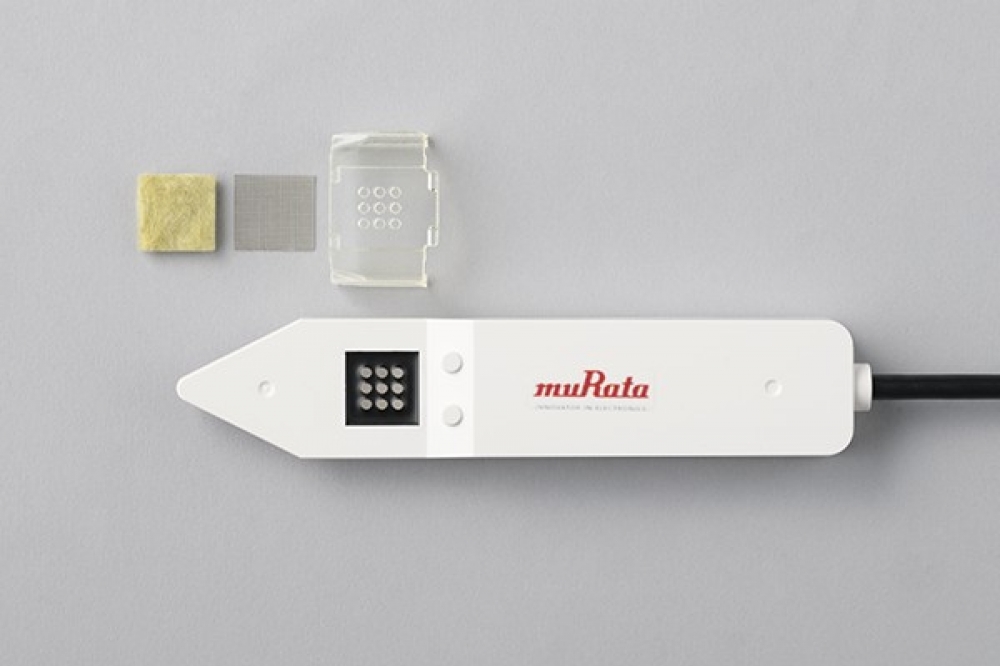Emberion Oy Introduces Groundbreaking Ultra Low-Cost SWIR Sensor.
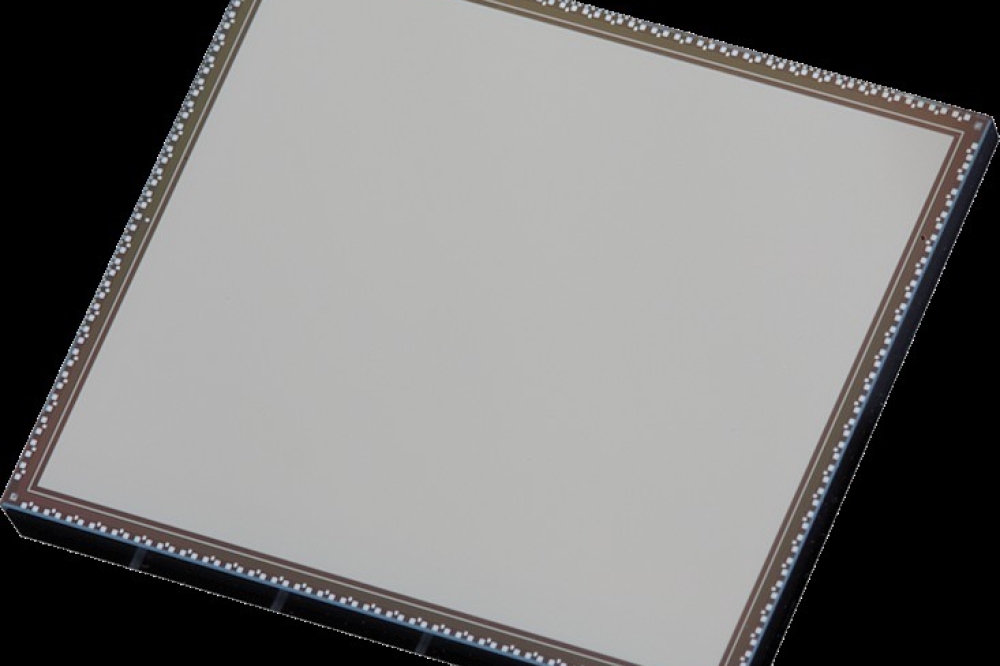
The unique SWIR image sensor’s manufacturing cost is less than 50€ in large volume production.
The current cost level of SWIR imaging technology seriously limits the use of SWIR imaging in a variety of industrial, defense & surveillance, automotive and professional/consumer applications. Emberion Oy, a leading innovator in quantum dot based shortwave infrared sensing technology, is excited to announce its new ultra low-cost SWIR (Short-Wave Infrared) sensor that brings the sensor production cost down to €50 level in large volumes. This revolutionary product is set to deliver high-performance infrared imaging to truly mass-market applications such as automotive and consumer electronics as well as enabling much wider deployment of SWIR imaging in industrial, defence and surveillance applications. The revolutionary sensors are also smaller in size and weight, further extending the possibilities to use this technology in a variety of use cases. Emberion is already shipping extended range high speed SWIR cameras and will bring first ultra-low cost sensor based products to the market in 2025.
Bringing Advanced Imaging to Everyday Devices at a fraction of current cost
The new Emberion sensor family is designed to make advanced shortwave infrared technology accessible to wider markets, including large volume markets such as automotive sensing and consumer electronics. The new ultra low-cost SWIR sensor combines Emberion’s existing patented quantum dot sensor technology with Emberion’s patented wafer-level packaging to drastically reduce the manufacturing costs of packaged sensors. Current InGaAs and quantum dot based image sensors are typically packaged in metal or ceramic casings with a total production cost for packaged imagers in the range of several hundred euros to a few thousand euros depending on sensor technology, imager wavelength range, packaging choices and production volumes. Emberion’s sensors are manufactured and packaged on a full wafer with up to 100 imagers on a single 8” wafer, making the production cost of a single sensor to be a fraction of current alternatives. In addition to low cost, the sensor enables high integration of functionality into the in-house designed read-out IC, reduces size and weight, and provides stability in performance, enabling new functionalities in everyday technology that were once only available in high-end or niche markets.
Examples of applications that require low-cost, compact sensors:
- Automotive Industry: Enhanced driver assistance systems (ADAS) with improved visibility in demanding weather conditions for increased safety and performance.
- Consumer Electronics: Integrating SWIR sensors into smartphones and wearable devices, allowing for facial recognition in all lighting conditions, gesture control, and material identification.
- Augmented and Virtual Reality (AR/VR): Enabling more accurate environmental sensing for immersive, real-world interaction in AR/VR environments.
- Drones: Precision vision systems for navigation and object detection in both consumer and defence markets.
Some of the key benefits of the Emberion SWIR sensor include:
- Cost Efficiency: Thanks to wafer-level packaging, the production process is streamlined, making this sensor by magnitude more affordable than any existing SWIR solution. Also, the high sensor integration level with image processing embedded into the sensor decreases the need for image post processing significantly and decreases the need for camera components on system level.
- Size, weight and power (SWaP) optimization: The miniature and power efficient design is ideal for space-constrained applications like consumer electronics and automotive components. The high sensor integration level is also a significant contributor to the system SWaP optimization.
- Stability: The wafer-level packaging improves the sensor stability and protection and makes it suitable for demanding environments like automotive and outdoor applications. It can also be integrated into external packaging if needed, e.g. LCC or metal packaging
- Extended Wavelength Sensitivity: Covering a range from 400 nm to 2000 nm, ideal for detecting objects and scenes extending the spectral range beyond traditional SWIR sensors.


